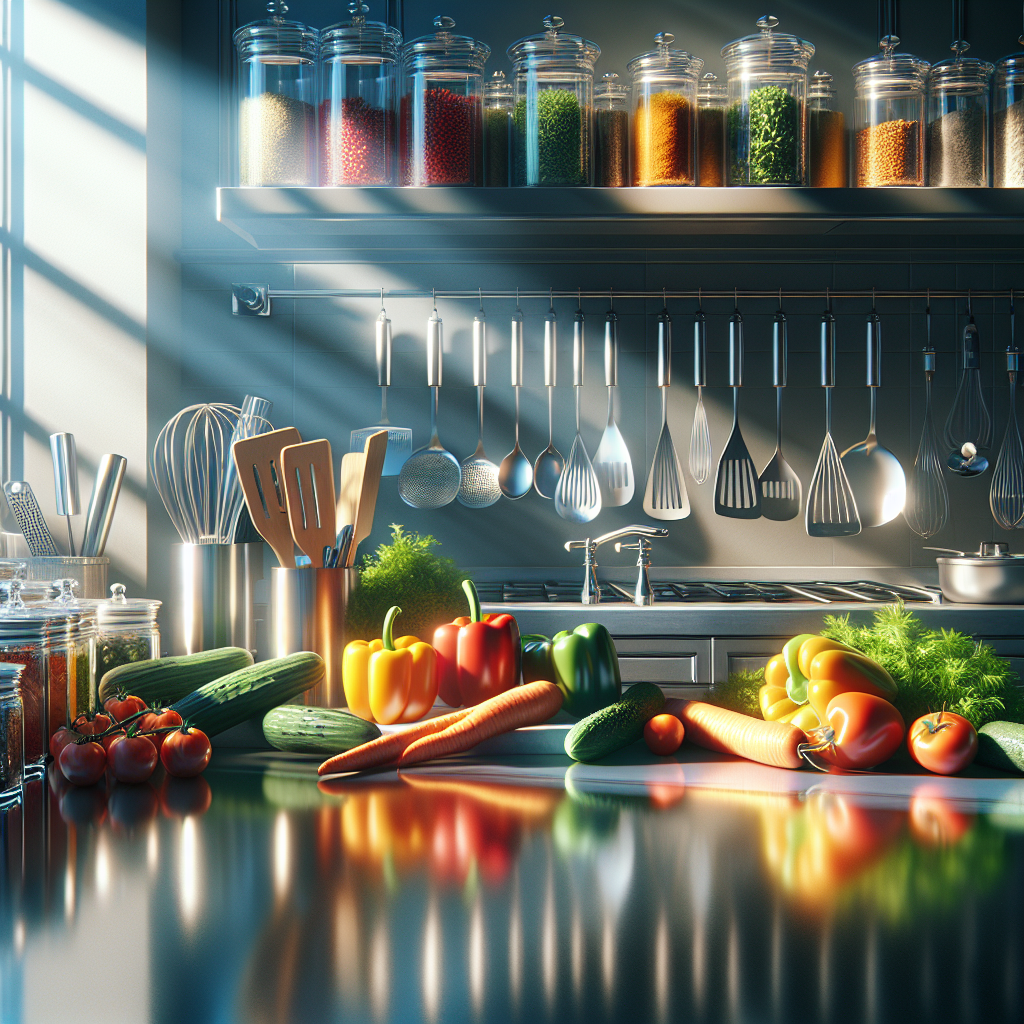July 29, 2024

In the fast-paced world of restaurants, maintaining impeccable hygiene and safety standards is paramount. Not only does it protect your customers' health, but it also safeguards your business reputation. Let's dive into the essential practices that every restaurant should implement to ensure a clean, safe dining experience.
Personal hygiene is the foundation of food safety in any restaurant. Studies have shown that good hygienic practices of food handlers in the kitchen are the most effective measure for preventing foodborne outbreaks.Key personal hygiene practices include:• Frequent and thorough handwashing• Wearing clean uniforms and hairnets• Avoiding handling food when ill• Proper use of gloves when necessary
Proper food handling and storage are crucial to prevent contamination and ensure food safety. Here are some best practices:• Store raw and cooked foods separately• Maintain proper refrigeration temperatures• Use the FIFO (First In, First Out) method for inventory• Clean and sanitize all food preparation surfaces regularly
Keeping your kitchen equipment clean and well-maintained is essential for food safety and operational efficiency. Regular cleaning schedules and maintenance checks can prevent cross-contamination and equipment breakdowns.
Research indicates that higher knowledge in food safety is associated with better hygiene practices. Investing in comprehensive staff training programs can significantly improve your restaurant's overall hygiene standards.
Staying up-to-date with local and national food safety regulations is crucial. Regular internal audits can help ensure your restaurant remains compliant and avoids potential legal issues.
Modern technology can play a significant role in maintaining high hygiene standards. From automated temperature monitoring systems to digital checklists, technology can streamline many aspects of food safety management.One often overlooked aspect of restaurant hygiene is customer communication. Ensuring that your staff can effectively communicate your hygiene practices to customers can boost confidence and trust. This is where our 24/7 AI Phone Agent at loman.ai comes in handy, handling customer inquiries about your hygiene practices round the clock.
Maintaining high standards of hygiene and safety in your restaurant is an ongoing process that requires dedication and attention to detail. By implementing these best practices and leveraging technology, you can create a safer environment for both your staff and customers.Remember, good hygiene practices are not just about following rules—they're about fostering a culture of cleanliness and safety in your restaurant. With the right approach and tools, including support from services like our AI Phone Agent at loman.ai, you can ensure that your restaurant stands out for all the right reasons.
Restaurant staff should wash their hands frequently, especially before handling food, after using the restroom, handling raw meat, or touching any potentially contaminated surfaces.
Cold foods should be stored at 40°F (4°C) or below to prevent bacterial growth.
Regular training, clear communication of expectations, and implementing a system of checks and balances can help ensure consistent adherence to hygiene protocols.

Enter your information in the form to receive a call from Loman and place an order like a customer would!